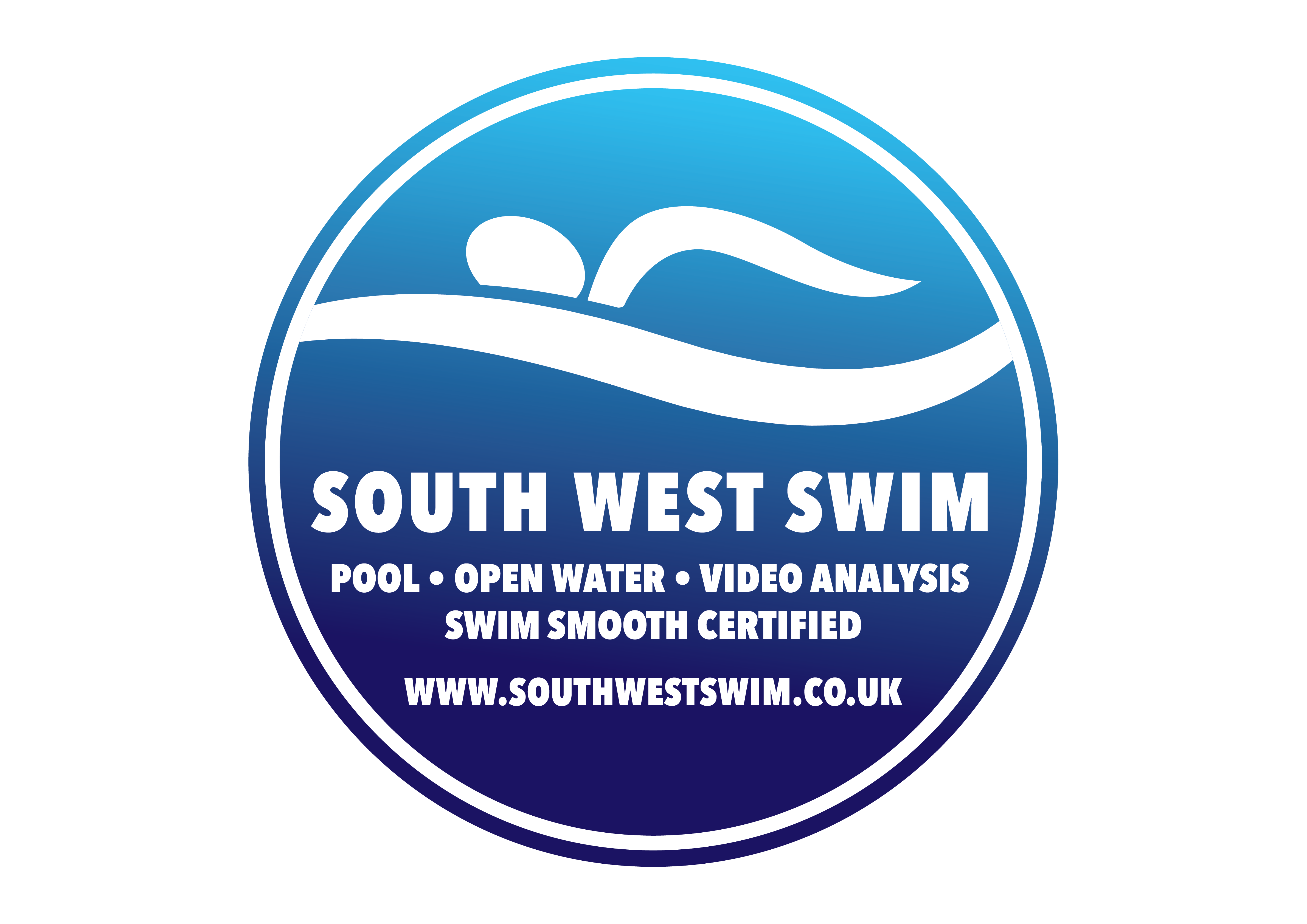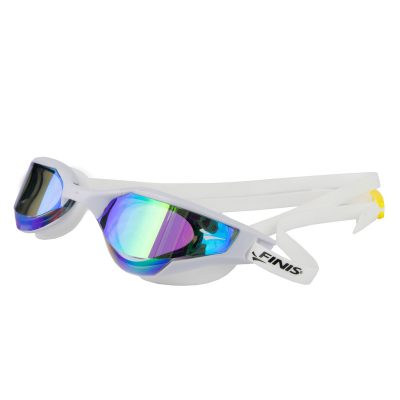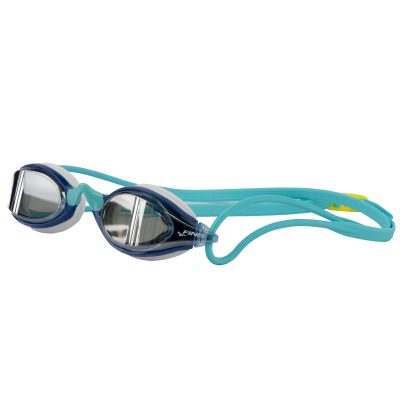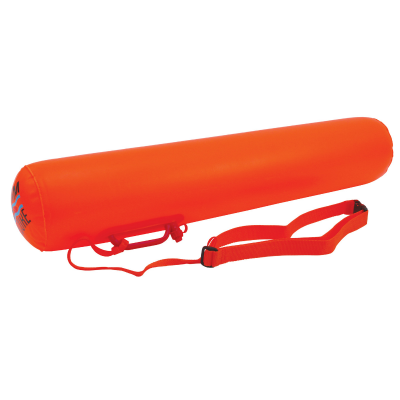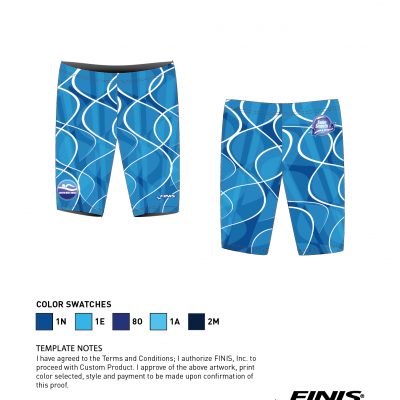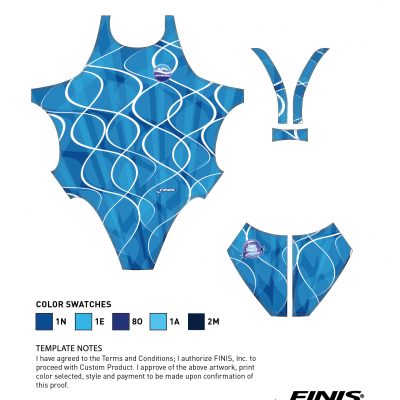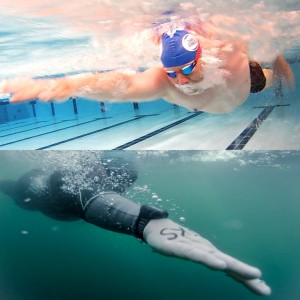
Pool Or Open Water? Combine the two for maximum benefit.
As the warmer weather (hopefully) approaches many swimmers and triathletes are faced with a dilemma………Open water or pool? Your decision on this matter can have a huge impact on your season ahead, motivation and speed. Why is this?
Open water is very freeing. Liberating you from the confined environment of the pool with its chemicals, lane rage, and lack of space. Open water lets you be, well…… open, swim for longer without stopping, wear a wetsuit (which makes a lot of athletes swim easier and faster) and gives you all the space you need to relax and enjoy the swim in front of you. After all there are no lanes, no walls, no clocks on the side, just you and nature.
As a huge advocate of all things open water it would be quite easy for me to say that I am not going into a pool in the summer months, either as a coach or an athlete, but that would be wrong! In my opinion you need to get a great balance between the two as each plays an important part in your training structure.
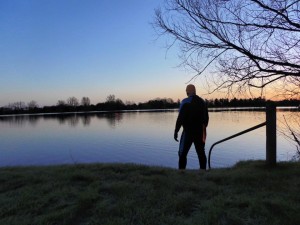
Our Sponsored athlete David Stevens before a early morning lake swim. David trains in both Pool and Lake to help his progress towards a windermere end to end attempt this year.
Training in open water alone, especially for the competitive open water swimmer and triathlete, could bring about some inherent issues. If you are not careful the freedom of the open water can become a drawback, the distances in one swim set can have no meaningful measurements of time and space, technical aspects of the stroke may start to drop off as focus moves away from good form to ‘getting the miles in’. Lots of small things like this can gradually creep into your swim and over the course of the season cause a slow down in your pace and drop in form. Of course open water training is vital and you should be in the open water as often as you can to get acclimatised, race ready and to build those long swims in without the need for turns or stops. You will want to practice skills that are difficult to master in the pool and adding that constant swim feeling you can only get outside of open water in a specialised open water pool session (i.e. contstant swimming without touching the end of a pool can catch many swimmers out). But you must also train carefully to maintain your speed and CSS pace and be at one with it, or maintain a good balance with some structured and meaningful pool sessions.
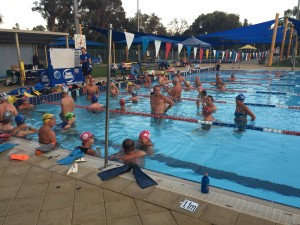
Squad Session at the home of Swim Smooth with the Perth Squad.
Using an example from last season; our superstar athlete Ian spread his Ironman training over lake swims and pool swimming. Ian trained in a balanced way keeping his pool structure ticking over in the summer months, adding productive and meaningful sessions that not only continually tweaked his technique but also maintained and progressed his CSS pace. Ian was mixing his training with a range of technique based work, endurance and open water swims meaning he came back at the end of a hard season (and post Ironman) as the only athlete in our Pool Squad to not only keep the paces from his last (spring) CSS test, but actually get faster. Those that switched to only train by open water lap swimming actually got slower over the course of the open water season, and then had to build that back up at the start of the off season training programme
This scenario is not surprising for all the reasons mentioned earlier, and this is why it is important to keep up with your pool based work, alongside getting in and enjoying the open water. During a structured pool session / programme you will be able to focus on maintaining and further improving your technique and swimming measured target times and distances that are relevant to building your CSS based pacing and endurance skills. A pool session will also allow you to easily perform any drills directly related to conquering key areas and flaws in your stroke.
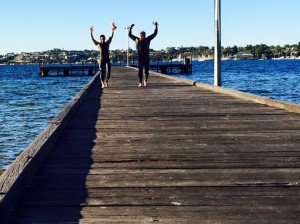 My belief is that keeping your pool training alive, even if its just one or two productive sessions per week, will make you a better all round swimmer with consistent growth through the season, yielding better race results. On the flip side building distance is great, and it is vitally important as you need to be able to swim the distance in one go on race day. So plan those long open water swims, but don’t fall into the trap of swimming endless loops of the lake at every session.
My belief is that keeping your pool training alive, even if its just one or two productive sessions per week, will make you a better all round swimmer with consistent growth through the season, yielding better race results. On the flip side building distance is great, and it is vitally important as you need to be able to swim the distance in one go on race day. So plan those long open water swims, but don’t fall into the trap of swimming endless loops of the lake at every session.
OK, but I HATE the pool, so how do I keep it fresh with minimal pool sessions?
If you REALLY don’t like the pool and are glad to see the back of it you can still make productive gains by being creative and using the lake AS your pool will also hold some benefits. As mentioned above, the biggest mistake made by swimmers is to climb in at every session and aimlessly swim lap after lap of open water without thought. In my experience this is where you notice drop offs in pace and form. But adding a plan behind your swim in the open water will be of great benefit, some suggestions would be:
- Swim sets of different activities
- Go buoy to buoy at different paces
- Use a tempo trainer on SPM
- Use a tempo trainer , combined with a GPS device, at a CSS pace (it can be done, honest).
- Mix up the distances swum in sessions or sets, as you would in a pool
- Include some faster shorter distances and longer endurance sets, but measure them as best you can in either SPM, CSS
- Training aids, use them in the lake? Why not. Some good technical paddles can add a bit of variety to your lake swims. Take the, out with you attached to a tow float and use to work on technique (this is what we do in our 1-2-1 sessions)
Do something in the open water that makes your training different, hold structure and make you think about something other than getting the distance in. This is how a South West Swim Open Water Squad (or 1-2-1) session works and has improved swimmers season upon season.
For good training you will also need to have balance and consistency in your sessions, stick to your training plan and make things interesting so you don’t get bored. No matter how many times a week you can train for swimming Swim Smooth recommend these three key principles to develop good swimming performance:
- Open Water Skills (Developing key open water specific skills)
- Technique based Training (Pure Technique or Endurance Technique type Sets)
- Fitness Based Training (CSS, Threshold type sets and long swims)
Lake or pool try to ensure each of these aspects is covered in your weekly schedule.
 Whatever you decide to do over the warmer months make sure you have fun, be it in the pool or lake! After all that’s why most of us swim in the first place. Keep your sessions varied and productive and you will have the best season possible and return to winter training without a huge drop off in technique and speed.
Whatever you decide to do over the warmer months make sure you have fun, be it in the pool or lake! After all that’s why most of us swim in the first place. Keep your sessions varied and productive and you will have the best season possible and return to winter training without a huge drop off in technique and speed.
Have a great Open Water & Triathlon Season
Jason Tait
Head Coach, South West Swim
*South West Swim offer training in both Pool and Lakes with Squad and 1-2-1 sessions on offer. Head coach, Jason Tait, is the one of the only fully qualified ASA & STA Open Water Coaching Specialists in the SW Region. Jason has coached all levels of Open Water Swimmers and Triathletes, specialising in the swim and utilising his own experiences and knowledge to enhance others swimming abilities, be it total beginner to age group athletes.
We also provide video analysis & stroke correction sessions utilising the world leading Swim Smooth methodology of coaching. More details on all of our services can be found at www.southwestswim.co.uk.
